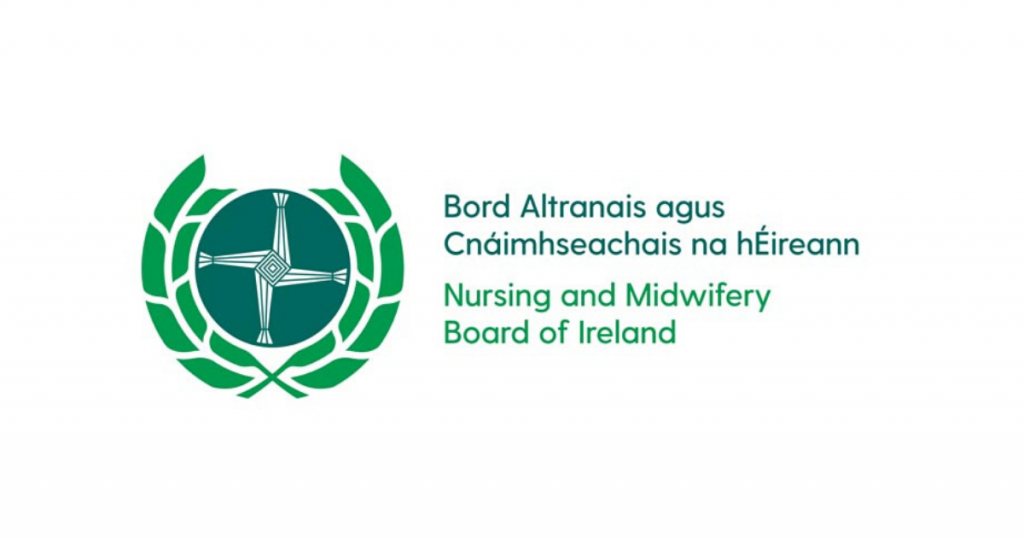 NMBI lowers writing grade nurses need to work in Ireland[/caption]
NMBI lowers writing grade nurses need to work in Ireland[/caption]
Ireland’s nursing regulatory body has changed the minimum OET grade required of overseas-trained nurses to register and work in the country.
Nurses and midwives no longer need a B in Writing as the Nursing and Midwifery Board of Ireland (NMBI) has lowered the OET requirement to a C+. The grade adjustment has already come into effect and can be retroactively applied for two years.
The change comes at a time when healthcare systems around the world are straining under the weight of COVID-19. The change should help highly qualified international nurses and midwives support the Irish fight against the outbreak.
In line with other healthcare boards
NMBI’s amendment brings them in line with other health regulators, including the Nursing and Midwifery Council in the UK.
Sheila McClelland, CEO of NMBI, said that the body had reviewed several approaches over the last year.
“I am delighted that the language review which has now been approved by the Board could benefit many nurses and midwives of quality who want to register to support the fight against COVID-19,” Mrs McClelland said. “There is evidence in the UK and further afield that our amendments will provide a positive result.”

The change is the outcome of a review process that started before the COVID-19 outbreak and better reflects day-to-day working practice, while still ensuring nurses and midwives have the right level of English to deliver safe and effective healthcare.
What has changed?
The main NMBI amendment is to the Writing grade requirement, which has been lowered from a B to a C+. However, Listening and Reading grades have also changed, both moving from C+ to B.
Yet, according to their frequently asked questions, there is some flexibility around which sub-test you can get a C+ in. If you get B grades in at least three sub-tests, you can score a C+ in the other sub-test.
For example:
| Sub-test | Listening | Reading | Writing | Speaking |
| Grade | B | B | B | C+ |
In the above example, the OET test-taker scored a B in Listening, Reading and Writing and a C+ in Speaking. Under the new rules, this is now acceptable.
For those looking to apply under the previous rules, you will need to do so before 30 April. For more information on the changes and how it affects you, reach out to NMBI.